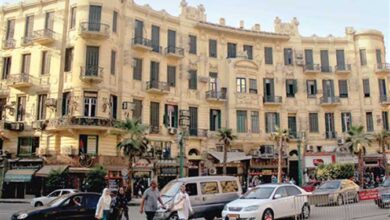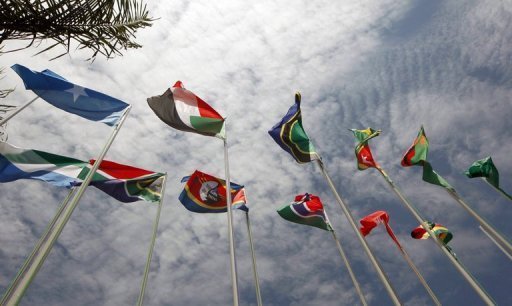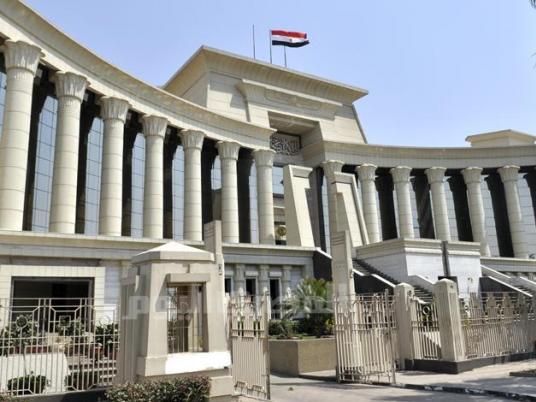An Egyptian court will hear an appeal on Sunday against a ruling that led to the cancellation of parliamentary elections called by President Mohamed Morsy, the latest hurdle in the country’s tortuous political transition.
A body representing the state said it had lodged an appeal with the Supreme Administrative Court against its ruling last week which canceled Morsy’s decision to hold the four-stage parliamentary vote from 22 April onwards.
Morsy and his Islamist backers in the Muslim Brotherhood are keen that the lower house election go ahead quickly, seeing it as the final stage of the transition that followed Hosni Mubarak's removal from power more than two years ago.
But the Islamists' secular-minded opponents, who had planned to boycott the election, have welcomed the prospect of a delay, saying it might allow for consensus around a new elections law. They had accused the Islamists of drafting a law to suit themselves.
The 6 March ruling canceled the vote on technical grounds, saying the Shura Council should have returned the amended elections law to the Supreme Constitutional Court for approval.
"We could be looking at a drawn-out process if the ruling stands," said Yasser El-Shimy, an analyst for the International Crisis Group. "We could be potentially looking at Egypt not having a parliament for six to eight months."
Explaining why it had decided to appeal against the ruling, the State Lawsuit Authority said the ruling contained "legal mistakes and flaws that deviate it from all, set legal foundations," state news agency MENA reported.
The president’s office and the election commission separately said they had not lodged the appeal, denying a report by the pan-Arab news channel Al Jazeera claiming they were responsible.
Lawmakers in the Islamist-dominated upper house decided this week to draft an entirely new law, seeing this as a potentially faster route than waiting for the SCC to approve the amended law.
The previous lower house of parliament, led by the Muslim Brotherhood's Freedom and Justice Party, was dissolved last June following a ruling by the SCC that had found the election rules illegal.



